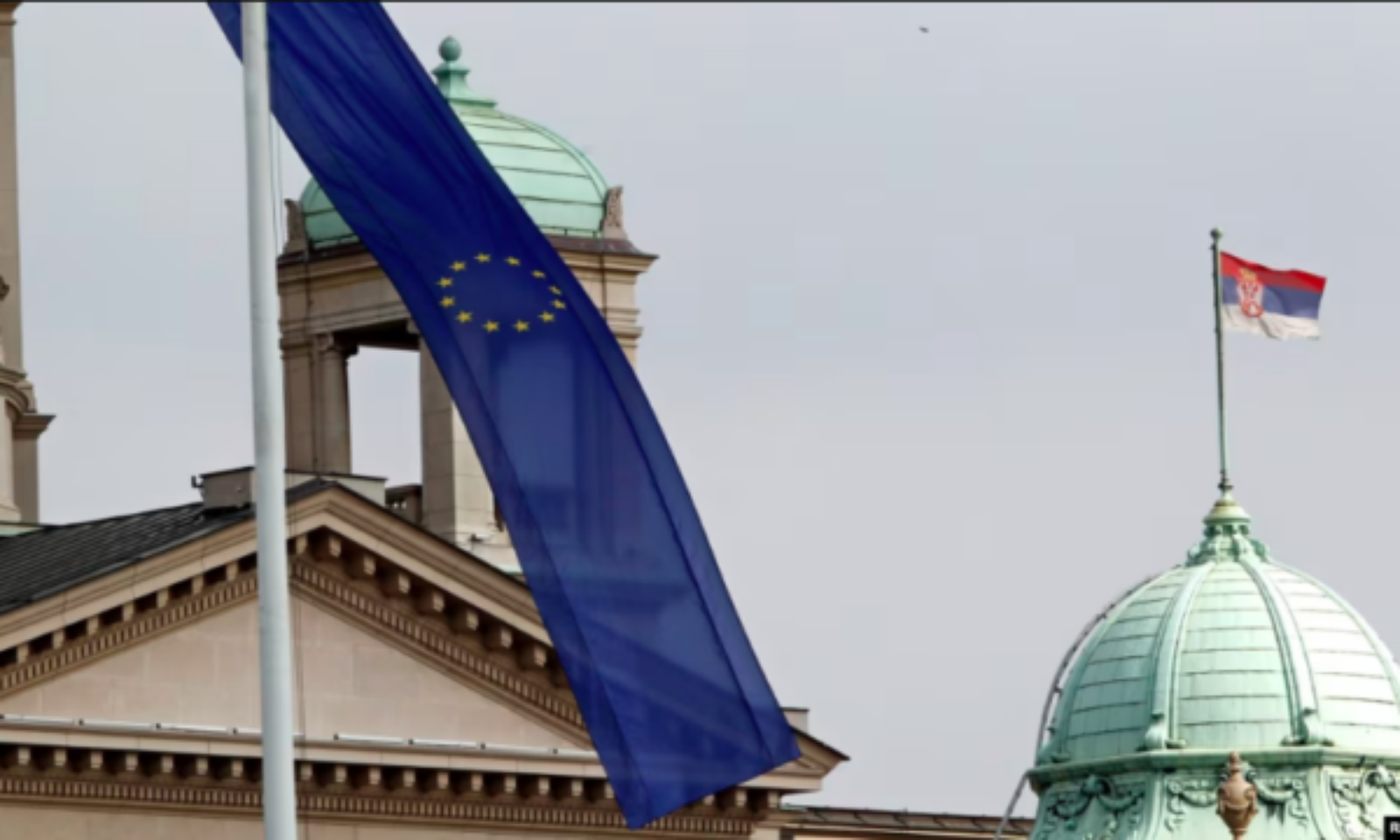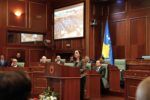Serbia’s relations with Russia and China, the dialogue with Kosovo, and early elections are key aspects of the political chapters in the Progress Report for Serbia, compiled by the European Commission.
This annual report, which assesses the progress of candidate countries for EU membership, is expected to be published on October 30.
However, sources close to Radio Free Europe have already gained access to its draft.
According to these sources, following Russia’s aggression in Ukraine, Serbia has only partially aligned itself with the EU’s positions in international forums, including the United Nations General Assembly.
It is noted that Serbia has continued to cooperate with the EU in providing financial and humanitarian support to Ukraine, but it is emphasized that it has not implemented any restrictive measures against Russia.
The document highlights that Serbia has maintained a high level of relations with the Russian Federation and has intensified its relations with China—raising questions about its strategic direction.
Dialogue is Key
The draft report also emphasizes that Serbia’s progress towards the EU will largely depend on advancements in the normalization process of relations with Kosovo.
It states that the Agreement on the path to normalizing relations, reached by the leaders of Kosovo and Serbia in February 2023, as well as its implementation annex, are legally binding documents for both parties.
“No formality, including those related to its approval, should hinder progress in implementing the agreement,” the draft document states.
Neither the agreement nor the aforementioned annex has been signed, as Serbian President Aleksandar Vučić has refused to do so.
The draft of the Progress Report states that Serbia and Kosovo must fully implement all agreements reached through dialogue.
The constructiveness of the parties will only be assessed based on what they implement, the draft report emphasizes, recalling that normalization remains a fundamental condition on the European path for both countries.
Serbia Expected to Pursue Attackers in Banjska
The draft report evaluates that during the covered period, there were high tensions in northern Kosovo—a region predominantly inhabited by Serbs.
It notes that the normalization of Serbia’s relations with Kosovo continues to be negatively affected by Serbia’s insufficient actions to hold accountable those responsible for the violent attack on the Kosovo Police on September 24, 2023, in Banjska.
This attack is assessed in the report as “the largest escalation in recent years.”
According to the draft document, the EU expects Serbia to fully cooperate and take necessary measures for the swift arrest and prosecution of the attackers.
Additionally, it is considered that the withdrawal of Kosovo Serbs from Kosovo institutions in November 2022 and the boycott of local elections in northern Kosovo in April 2023 adversely affect Serbia’s obligations in the dialogue.
The draft report also criticizes the actions of Kosovo authorities in Serb-majority areas, such as the prohibition of using currencies other than the euro, the closure of the Serbian Savings Bank, and the closure of other Serbian institutional offices.
These actions are deemed contrary to commitments made in the dialogue.
The draft document states that the EU has consistently expressed concerns about the ongoing lack of coordination from Kosovo and the negative impact of its actions on people on the ground.
Unfortunately, the document emphasizes, no mutually acceptable solution has been found for those most affected by these actions.
Stagnation in Reforms Due to Early Elections
Sources from Radio Free Europe informed about the content of the document state that this year’s report emphasizes that early elections in Serbia and the subsequent interruption of the functioning of the Government and Parliament “have slowed the progress of reforms” in the country.
According to them, the report stresses the need for strong political will, effective planning and coordination of plans, as well as adequate human and financial resources for Serbia to expedite its work towards meeting the objectives in the EU accession negotiations.
Serbian authorities will also be urged to prioritize proactive and objective communication regarding Serbia’s EU accession process and to counter misinformation in national media.







